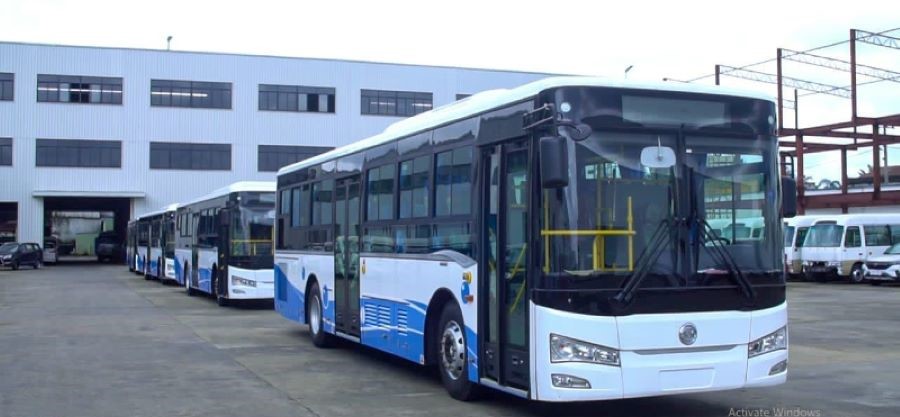(3 Minutes Read)
Engineers who convert cars to adapt to CNG are keen to allay safety fears surrounding the risk of explosions in vehicles using the cylinders. They say that the thickness of the cylinder alone is about 7.5 millimeters and that way are bulletproof or even explosion-proof. Scaling up the infrastructure for CNG distribution is key to making this initiative viable.
With its abundant natural gas reserves, Nigeria is embracing a new era in transportation. Adopting Compressed Natural Gas (CNG) to power vehicles offers a sustainable and economical alternative to traditional fuels. It can tackle the country’s fuel import dependency and combat environmental pollution.
At this conversion center in Abuja, vehicles are being transformed to run on CNG. The initiative promises a lifeline to many Nigerians struggling with rising fuel costs. However, not all aspects of the transition are seamless. Challenges like limited fuelling points lead to longer waits for drivers.
Engineers who convert cars to adapt to CNG are keen to allay safety fears surrounding the risk of explosions in vehicles using the cylinders. They say that the thickness of the cylinder alone is about 7.5 millimeters and that way is bulletproof or even explosion-proof. Scaling up the infrastructure for CNG distribution is key to making this initiative viable.
Read Also:
https://trendsnafrica.com/fm-claims-usd-20bn-saved-by-nigeria-from-subsidy-removal-and-naira-float/
The government has been subsidizing petrol vehicles. About 6 or 7 million naira (USD 3,500 or USD 4,100) is spent per vehicle annually. Experts say with conversion to CNG, the government can save that loss, besides providing a clean environment.





